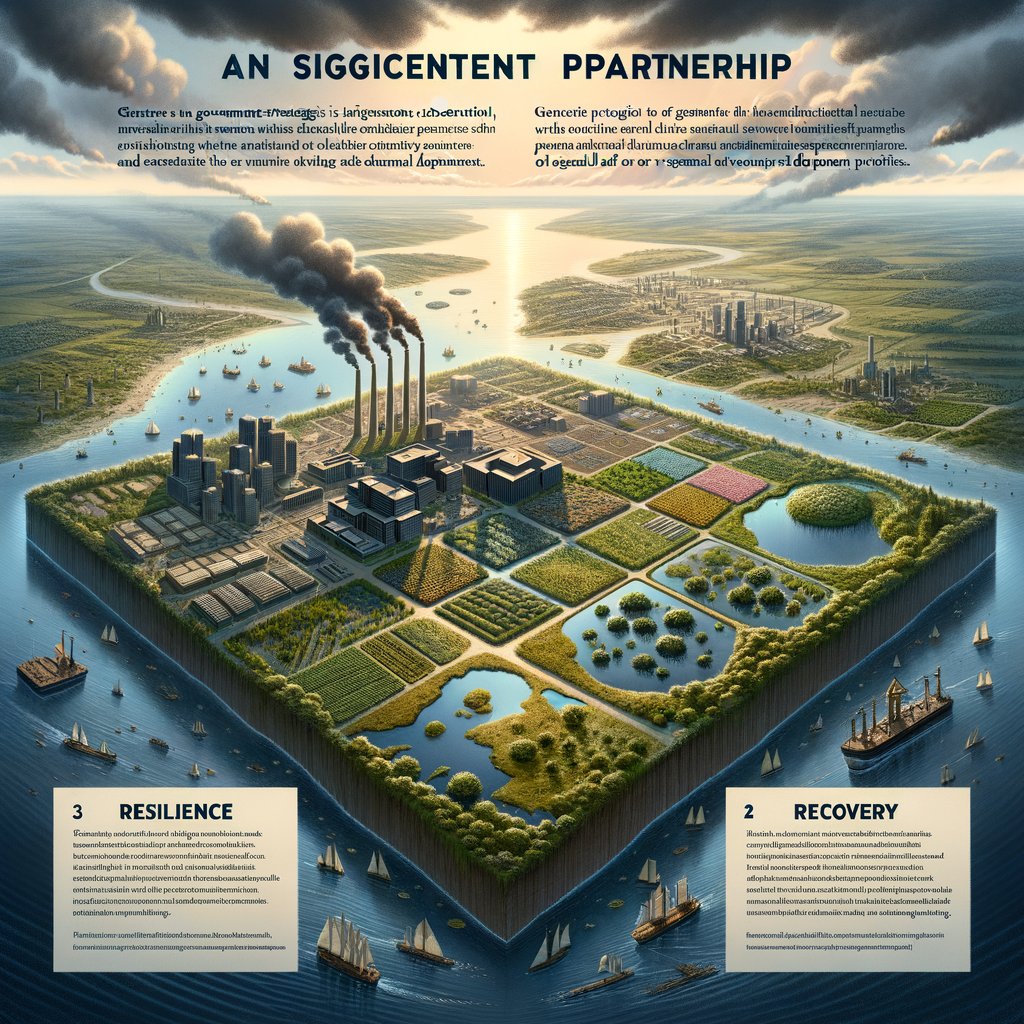Image created by AI
Western Cape Launches Progressive Environmental Strategies to Enhance Resilience
The Western Cape Government, in a significant partnership with CapeNature, has rolled out two pioneering strategies aimed at bolstering the region's environmental resilience and supporting its biodiversity. These strategies are part of a broader initiative to integrate ecological well-being with regional development priorities.
The unveiling of the 2023 Western Cape Biodiversity Spatial Plan (WCBSP) and the Western Cape Protected Areas Expansion Strategy (WCPAES) by the MEC for Local Government, Environmental Affairs and Development Planning, Anton Bredell, marks a critical step towards sustainable environmental management. These frameworks are designed to enhance the natural landscapes that are pivotal to the province's ecological and economic health.
The WCBSP sets a precedent as the first provincial spatial plan under the Western Cape Biodiversity Act (Act 6 of 2021). It outlines key areas for conservation, prioritizing the preservation of valuable ecosystems and ensuring their integration into future land-use planning efforts. By identifying these priority zones, the plan lays a sustainable foundation for ecological and economic development across the province.
Building upon the spatial plan, the WCPAES introduces a specific agenda for expanding protected areas. This strategy not only aims to safeguard critical habitats but also ensures a harmonious balance between nature and human activity. The expanded network of protected areas is expected to fortify the province against climate change impacts, while promoting biodiversity as a cornerstone for economic stability and community well-being.
Both strategies are reflective of the Western Cape's 'Build Back Better' approach, focusing on enhancing the resilience and recovery of natural areas from environmental threats such as floods, fires, and droughts. The introduction of these strategies comes at a time when the importance of holistic, nature-inclusive planning has never been more prominent.
MEC Anton Bredell emphasized the intrinsic connection between the environment and the economy, noting that responsible environmental stewardship is crucial for sustainable development. He pointed out the critical role that healthy ecosystems play in reducing disaster impacts, enhancing food security, and supporting rural and tourism-driven economies.
Further enriching the province's environmental initiatives, CapeNature CEO Dr. Ashley Naidoo highlighted the broader implications of conservation efforts. According to Dr. Naidoo, maintaining robust biodiversity and ecosystems is not only essential for environmental health but also for supporting economic activities through stable ecosystem services, such as water security essential for industrial and agricultural sectors.
The public now has the opportunity to participate in the shaping of these strategies, as the WCPAES is open for public comment. This participatory approach ensures that a variety of stakeholders can contribute to the future of conservation in the Western Cape, aligning community needs with environmental priorities.
Indeed, with these strategic initiatives, the Western Cape is setting a benchmark for other regions, demonstrating how integrating environmental conservation into broader development planning can lead to more resilient and sustainable futures.










